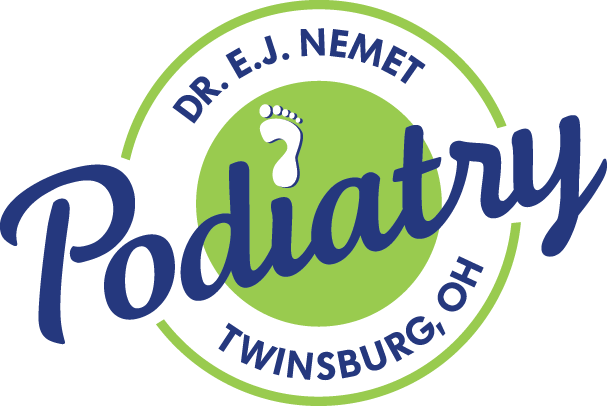How to Wear High Heels Comfortably
Many women enjoy the look of wearing high heels, but donning pumps on a regular basis can lead to a variety of foot problems including calluses, corns, ingrown toenails, and tendon and ligament damage. The extra pressure on the ball of the foot and the squeezing together of the metatarsal bones can cause a painful neuroma to develop.
Long-term wearing of high heeled shoes can actually cause a permanent shortening of the Achilles tendon that connects your calf muscle to the back of your heel, making just walking in flats a painful experience. Also, the shifting of your center of gravity that is created when you wear high heels can throw your whole spine out of alignment causing knee, hip, and back problems.
Some excellent tips for wearing high heeled shoes while minimizing your chances of injury include:
- Avoid pointy toes—The pumps with extremely narrow toes should be avoided since they bunch your toes together increasing rubbing and pressure.
- Select lower heels and wedges—The higher the heels are, the more pressure is exerted upon your feet, so always choose heels that are two inches high or lower. Avoid stiletto heels and choose wedge shaped for more stability and even distribution of weight.
- Switch to flats—Where flat shoes whenever possible, such as during your commute to work and you can change into your dress pumps later.
- Stretching and flexibility exercises—Perform daily stretching exercises for your feet, ankles, and calves to keep your tendons long and healthy.
Should you experience an injury from wearing high heeled shoes, see your foot care specialist for proper diagnosis and treatment. At E.J. Nemet Podiatry in Twinsburg, E.J. Nemet, DPM, treats a variety of foot and ankle conditions, including sports injuries, pediatric foot problems, diabetic foot complications, nerve disorders, and toenail and skin conditions. With advanced technologies and a dedicated staff, Dr. Nemet provides expert and compassionate care to patients in the Twinsburg and Beachwood areas. To contact us or to schedule an appointment, please call (234) 212-9940.

